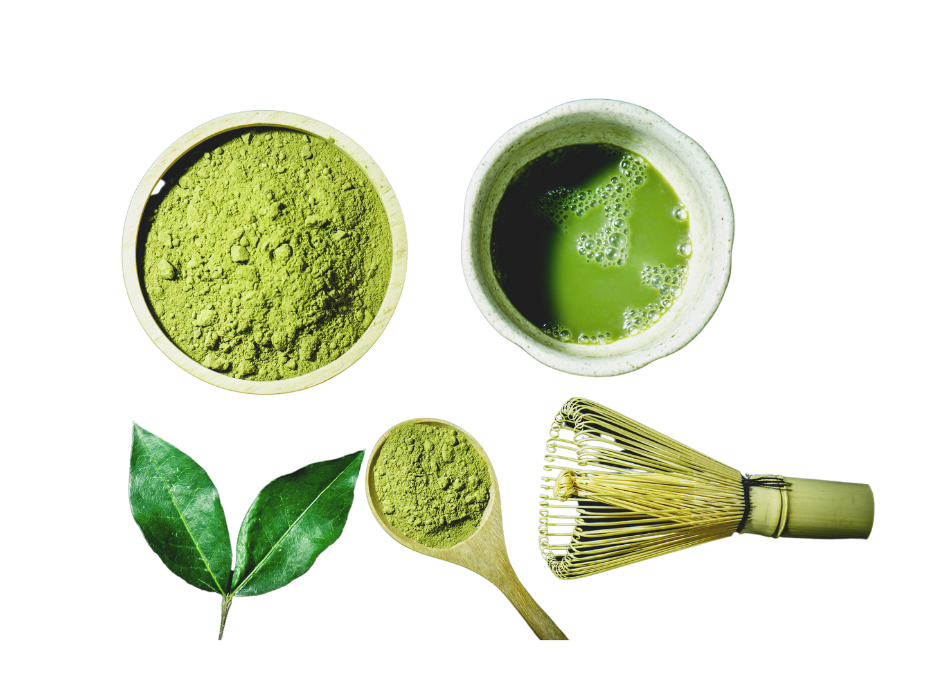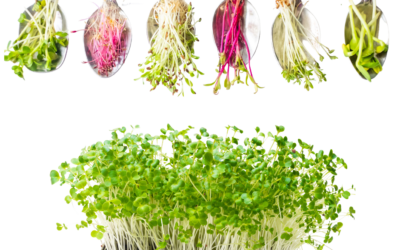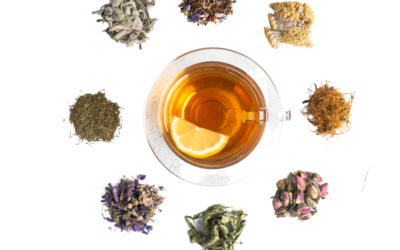The properties of Matcha
EHIAS MAGAZINE |Monday, 5 May 2023
Matcha is a form of green tea that originated in Japan.
Its history dates back to the 9th century, when Chinese Buddhist monks introduced it to Japan.
Originally, matcha was primarily consumed by Buddhist monks during their religious ceremonies to improve their concentration and meditative state of mind.
Over time, matcha became popular among the upper classes in Japan and was integrated into Japanese culinary culture.
In the 14th century, the Japanese samurai and poet Eisai wrote a book called "Kissa Yojoki" ("How to Stay Healthy by Drinking Tea"), in which he extolled the benefits of green tea and matcha in particular.
During the Muromachi period in the 15th century, matcha became even more popular and became the preferred drink of Japanese samurai warriors.
It was also during this time that the Japanese tea ceremony, or "Chado," was developed, which introduced a special method of preparing matcha.
In the centuries that followed, matcha became a staple in Japanese culinary culture.
Matcha is a very fine green powder that is mainly used for preparing Japanese tea.
Here are some of the properties of matcha:
- Rich in antioxidants: Matcha is rich in antioxidants, which help protect the body against the damage of free radicals. Antioxidants can help reduce the risk of chronic diseases such as cancer, heart disease, and diabetes.
- Boosts metabolism: Matcha contains catechin, a type of antioxidant, which can help stimulate metabolism and burn fat. That's why matcha is often included in weight loss diets.
- Calms the mind: Matcha also contains L-theanine, an amino acid that can help calm the mind and improve concentration. L-theanine can also help reduce stress levels and improve sleep quality.
- Strengthens the immune system: Matcha contains polyphenols and catechins that can strengthen the immune system and help prevent diseases.
- Improves heart health: Matcha can help reduce cholesterol levels and blood pressure, which can improve heart health
- Promotes digestion: Matcha contains compounds that can help stimulate digestion and reduce bloating and abdominal pain.
The importance of sprouted seeds.
L'importance des graines germés EHIAS MAGAZINE | Lundi, 5 Mai 2023 Le gainage est un exercice qui sollicite principalement les muscles abdominaux, mais également les muscles du dos, des hanches et des épaules. Voici quelques raisons pour lesquelles il...
The importance of sprouted seeds
The Importance of Sprouted Seeds EHIAS MAGAZINE | Monday, May 5th, 2023 Sprouted seeds are considered an important part of a healthy diet for several reasons. When a seed sprouts, it undergoes a chemical transformation that results in increased nutrient leve...
What is phytotherapy?
What is Phytotherapy? EHIAS MAGAZINE | Monday, May 5, 2023 Phytotherapy is a form of alternative medicine that uses plant extracts to treat and prevent illnesses. It is based on the use of the medicinal properties of plants, including their active ingredients, to promote healing and improve health.




